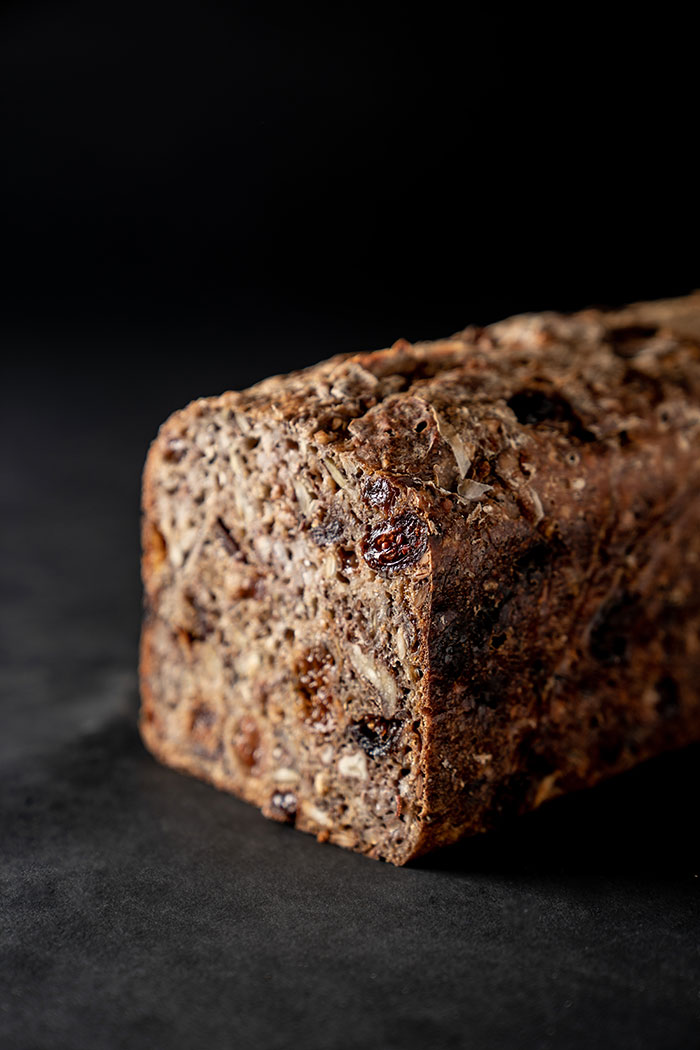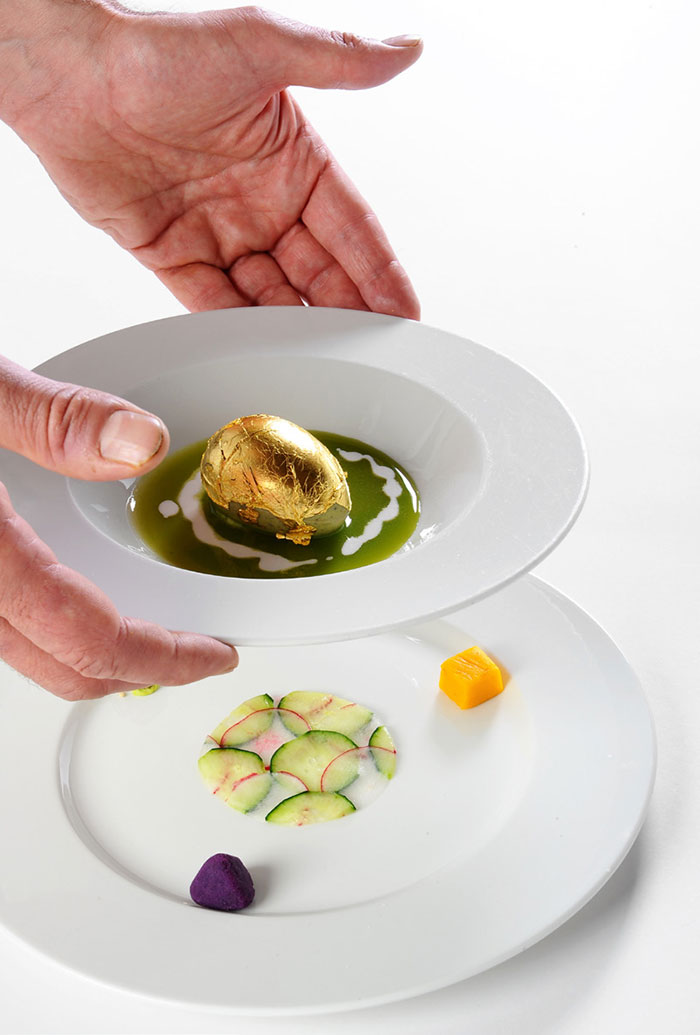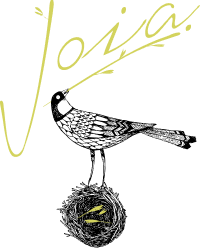MY REFERENCE MODELS
Steiner thought that a diet could not be standard, but rather it should be linked to a precise context, bearing in mind where we live, the life we lead and the dietary requirements imposed by these factors, as well as our physical, mental and spiritual characteristics.
If barley and spinach grow in a certain place, it is better if we eat these two vegetables ̶ perhaps adapting our diet ̶ but we should not transform the essence of that food. Steiner’s diet was designed according to this reasoning and our psycho-physical characteristics.
Anthroposophy affirms the close relationship between man, nature, the universe and God. We try to stimulate this relationship through nutrition. Every disease is caused by the interruption of this exchange. We heal and stay healthy if a correct balance with the macrosystem is maintained.
As Rudolf Steiner authoritatively taught us, the aim of good nutrition, besides allowing us to achieve a healthy balance between our body and mind, is to be able to practise in a more effective way the spiritual disciplines that bring us closer to the Self and therefore to God.
What we eat is crucial for this purpose. As already mentioned, if we choose a diet to achieve a certain result, it is very important to pursue the result by practising meditation and leading a sober and rigorous life, otherwise, paradoxically, we will end up having a physical and psychological imbalance. Sometimes you see vegetarians (very few of them) or people who follow special diets, who have deficiencies. Some are gaunt, others have dry lips and bulging eyes, or they have uncontrollable tremors, no stamina. These are all signs of malaise, these people are not as healthy as they should be, even when following a meat- and fish-free diet. Apart from these rare effects, always being careful not to reach levels of suffering from a deficiency in certain substances, and especially vitamin B12 that can be taken with supplements, a vegetarian diet is the best choice from every point of view.
Last but not least, food, through prayer, can be transformed. From an earthly substance and nourishment for the body alone, it becomes a spiritual substance. This transformation is central both in the Christian liturgy, in which bread becomes divine energy, and in all the great religious traditions. This process is called transubstantiation.


There are three fundamental aspects in Chinese dietetics:
- The theory of the five elements – air, earth, fire, wood and metal – that are related to the five organs, which in turn are connected to the five flavours contained in the foods – sweet, salty, spicy, bitter, and acid.
- Yin and Yang, through which the physical and psychic characteristics of a person are determined.
- The theory of energy – Qi – that is sustained through food and targeted disciplines such as Chi Gong, the Chinese practice of aligning breath, movement, and awareness, for exercise, healing, and martial arts training.
The factors that allow us to maintain good health are a healthy diet (rice being the mainstay), exercise and breathing, and our birth, meaning our physical characteristics or defects, our age and destiny.
All these factors affect our health. In fact, I have met people who had a temperate lifestyle, who died from degenerative diseases, and smokers who lived until an old age and died a natural death – but it is better not to play with fire.
Normally, nutrition essentially fosters good health, although it must be supported by regular exercise and correct breathing.
I practised Tai Chi for ten years. During this period, I also followed a well-balanced diet and deepened my knowledge of Chinese philosophy, whose apparent goal is to achieve immortality. In the western model, the physical body is robust when it is young and loses its strength as it ages, while in the Chinese one, over the years we develop an energy that begins to mature around fifty and then increases.
In that period, I practised Tai Chi and Qi Gong and I think I understood and experienced a fair share of that energy. However, in China, I did not find any specific texts on nutrition or teachers that addressed the relationship between food and the psyche and between food and the spirit. In China, the treatments are very pragmatic: for a certain ailment I must eat a particular food, or to increase my energy I must do a specific exercise.
Over time, I realised that you need to have another objective. Energy must not be an end in itself; it must be channelled towards more complete dimensions and perceptions. This important relationship is held in the highest regard by both the Ayurveda and Rudolf Steiner systems, which substantially add those aspects to what is described above.
Each body and its contents (Jiva) are classified into three groups, Kapha, Pitta and Vata, to which each of us belongs in a different way.
This is our starting point, which will change according to our behaviour. In essence, nothing is definitive. We become what we do and eat.
The areas of the Vedic tradition, which refer for example to philosophy (Samkia) and theology (Mimansa), are linked to one another. Ayurveda, the science of life, is one of these and follows the same logic. Its purpose, as is also the case with the other life sciences, is to sustain, in addition to physical wellbeing, the practice of yoga, which is communion between creation, living creatures and the Creator.
We live to evolve and eating, as well as each of our practices, should be preparatory to this purpose.
Yoga, which could be associated with psychology and significantly affects how our mind performs, embraces different types of schools. There is Karma Yoga, for instance, for achieving a life in contact with the external world, Jnana Yoga that emphasises the path of knowledge, and Bhakti Yoga, whose focus is more on meditation and one’s inner self. Like food, they too must be adapted to one’s inherent tendencies.
Nutrition helps yoga, which in turn fosters good health. Everything we do when meditating and eating allows us to reach higher levels of understanding and to increase our consciousness.
The recommended diets are almost the same as those proposed by Chinese dietetics, except for an important aspect: vegetarian nutrition is almost always recommended in China. In India, vegetarian diets are an age-old tradition, providing precious knowledge that has been acquired over a period of 7,000 years.

DELIVERY & TAKE AWAY


